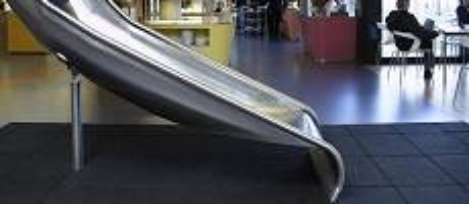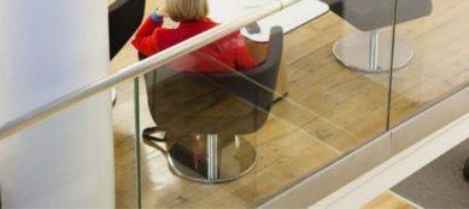May 12, 2016
Making sense of the relentless babble about flexible working
 Not a day goes by when some organisation or other isn’t found extolling the virtues of flexible working or urging everybody to adopt the practice. While it’s easy to be cynical about the results of surveys from technology companies which are a staple part of this media onslaught, they are actually on to something. And that is why governments, employers and their associations and employees are all attracted to the idea of flexible working as a way of achieving whatever it is they want. The result is the stew of motivations, ideas and terminology that can lead commentators to make grand and daft pronouncements about flexible working; pronouncing it dead, most famously in the case of Yahoo but more subtly in the case of the grand new Xanadus being created in Silicon Valley by the area’s Charles Foster Kanes, or as the harbinger of death for the office based on the notion that somehow we’ll all be working in exactly the same way at some point in the future.
Not a day goes by when some organisation or other isn’t found extolling the virtues of flexible working or urging everybody to adopt the practice. While it’s easy to be cynical about the results of surveys from technology companies which are a staple part of this media onslaught, they are actually on to something. And that is why governments, employers and their associations and employees are all attracted to the idea of flexible working as a way of achieving whatever it is they want. The result is the stew of motivations, ideas and terminology that can lead commentators to make grand and daft pronouncements about flexible working; pronouncing it dead, most famously in the case of Yahoo but more subtly in the case of the grand new Xanadus being created in Silicon Valley by the area’s Charles Foster Kanes, or as the harbinger of death for the office based on the notion that somehow we’ll all be working in exactly the same way at some point in the future.






























May 16, 2016
Women (and men) don’t enjoy the full wellbeing benefits of flexible working 0
by Dr Daniel Wheatley • Comment, Flexible working, Wellbeing
(more…)